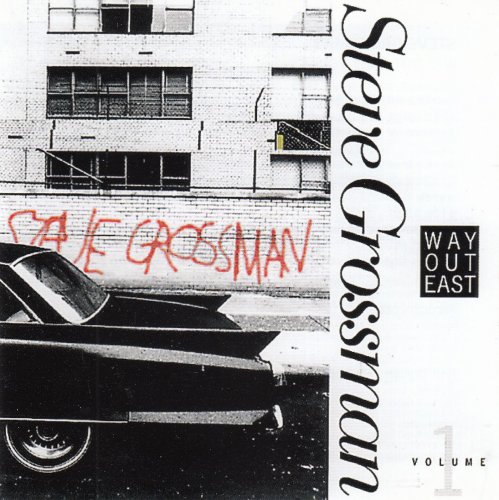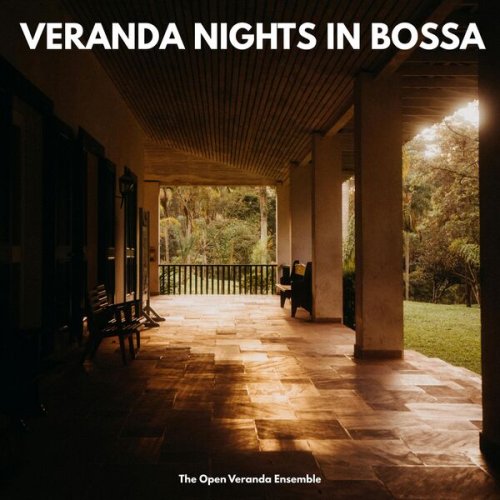Günter Wand & Berlin Philharmonic Orchestra - Bruckner: Symphony No. 9 (2006) [SACD]
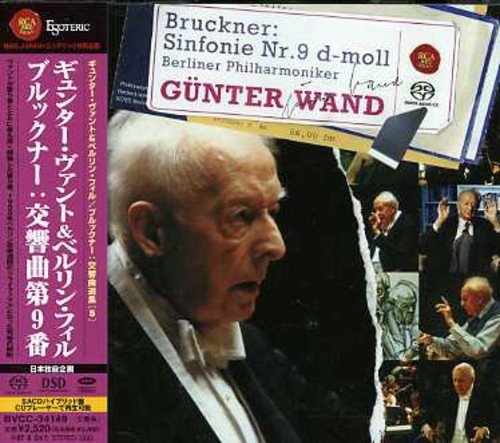
Artist: Günter Wand, Berlin Philharmonic Orchestra
Title: Bruckner: Symphony No. 9
Year Of Release: 2006
Label: RCA / BMG
Genre: Classical
Quality: DST64 image (*.iso) 2.0 / 5.1
Total Time: 1:01:30
Total Size: 3.88 GB
WebSite: Album Preview
Tracklist:Title: Bruckner: Symphony No. 9
Year Of Release: 2006
Label: RCA / BMG
Genre: Classical
Quality: DST64 image (*.iso) 2.0 / 5.1
Total Time: 1:01:30
Total Size: 3.88 GB
WebSite: Album Preview
Anton Bruckner (1824-1896)
Symphony No. 9 in D minor, WAB 109
I. Feierlich, misterioso
II. Scherzo: Bewegt, lebhaft, Trio: Schnell
III. Adagio: Langsam, feierlich
How old is Günter Wand and the Berlin Philharmonic's recording of Bruckner's Symphony No. 9? Six years? Sixty years? Six hundred years? Six hundred million years? Although the sound quality of the recording is vivid and immediate, the performance itself sounds like it was born when the world was born, as if it were formed from molten rock and shaped by lightening storms, as if it were the cosmic drama of life and death played out in savage sonorities and raging rhythms. Wand had conducted Bruckner's Ninth for years and had made a magnificent recoding of it in 1987, but his final recording with the Berlin Philharmonic from 1998 is massive and monumental.
Incredibly enough, the timings between the two recordings in the opening movements differ only by seconds. But although Wand's earlier recording is enormously concentrated, his later recording is immensely intense, as if all the weight of creation hung on the outcome of Bruckner's apocalyptic symphony. And unbelievably enough, although his closing movement in the earlier recording is two minutes faster, his closing movement in the later recording seems to transcend time altogether and soar into the empyreal realms, beyond the anguish of this world and into the bliss of the next. The Berlin plays like attending angels and RCA's sound is here, now, and always. -- James Leonard
Incredibly enough, the timings between the two recordings in the opening movements differ only by seconds. But although Wand's earlier recording is enormously concentrated, his later recording is immensely intense, as if all the weight of creation hung on the outcome of Bruckner's apocalyptic symphony. And unbelievably enough, although his closing movement in the earlier recording is two minutes faster, his closing movement in the later recording seems to transcend time altogether and soar into the empyreal realms, beyond the anguish of this world and into the bliss of the next. The Berlin plays like attending angels and RCA's sound is here, now, and always. -- James Leonard
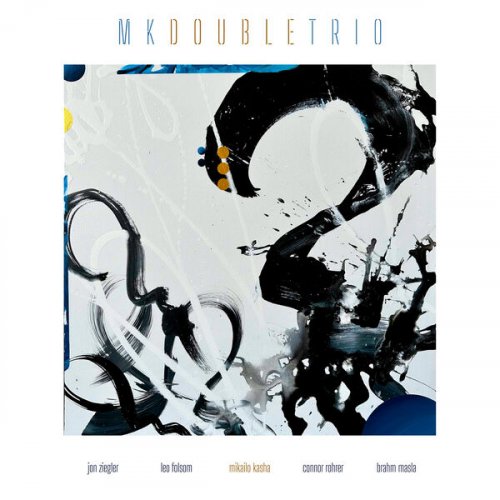
![Amanda Ginsburg and Andy Fite - Lies! Lies! Lies! (2026) [Hi-Res] Amanda Ginsburg and Andy Fite - Lies! Lies! Lies! (2026) [Hi-Res]](https://www.dibpic.com/uploads/posts/2026-01/1769764395_akrerm8oi3e0h_600.jpg)

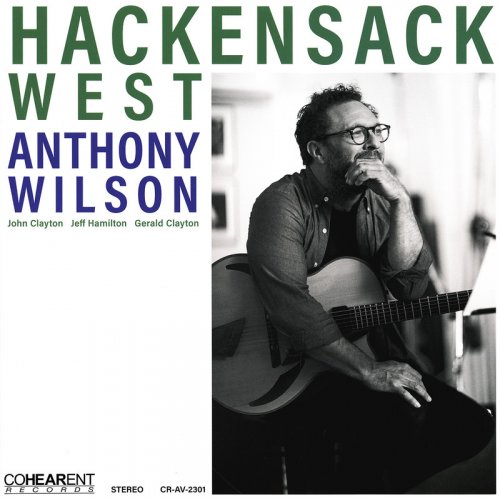

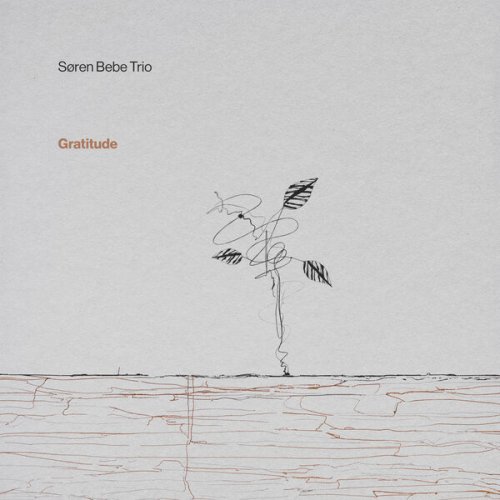
![Billie Holiday - All Or Nothing At All (2025 Mono Remaster) (2026) [Hi-Res] Billie Holiday - All Or Nothing At All (2025 Mono Remaster) (2026) [Hi-Res]](https://www.dibpic.com/uploads/posts/2026-01/1769782333_cover.jpg)
